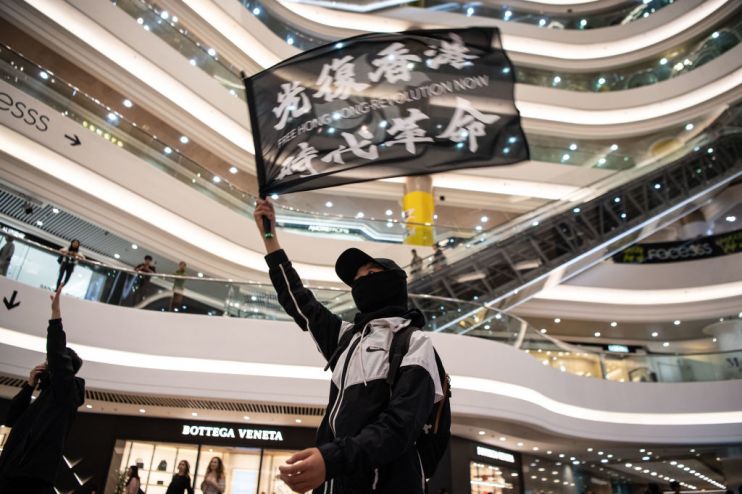China tightens grip on Hong Kong as it limits parliament to ‘patriots’

China has passed new laws slashing the number of directly-elected politicians to Hong Kong’s parliament, further tightening Beijing’s control over the financial hub.
The changes will almost halve the number of representatives who are directly elected and increase the number of Beijing-approved officials.
The overhaul is intended to ensure that only “patriots” can rule the former British colony.
A powerful new vetting committee will be introduced to monitor candidate MPs and work with security agencies to ensure they are loyal to Beijing.
The move has been widely condemned by critics as ramping up China’s control and further reducing democracy in the city state.
Foreign secretary Dominic Raab today said the new laws breached the 1984 Joint Declaration, which guaranteed Hong Kong’s autonomy under the “one country, two systems” principle.
“Today China enacted changes to Hong Kong’s electoral system which are a clear breach of the Joint Declaration – undermining the freedoms of the people of Hong Kong and breaking Beijing’s international obligations,” he said.
Under the changes, the size of the legislature will increase from 70 to 90 seats, but the number of directly elected representatives will drop to 20 from 35.
It represents the biggest overhaul of Hong Kong’s political structure since it was returned to Chinese rule in 1997.
Authorities said the revamp was intended to get rid of “loopholes and deficiencies” that threatened national security during anti-government protests in 2019.
Hong Kong chief executive Carrie Lam said: “I firmly believe that by improving the electoral system and implementing ‘patriots administering Hong Kong’, the excessive politicisation in society and the internal rift that has torn Hong Kong apart can be effectively mitigated.”
The changes are set to be submitted to the Legislative Council by mid-April and are expected to be passed by the end of May.
It is the latest tightening of Chinese control enacted by Lam, a loyal acolyte of Beijing.
The city was embroiled in months of protests last year after Beijing imposed a law allowing extraditions to mainland China. Lam supported the controversial national security bill, which was passed in June.